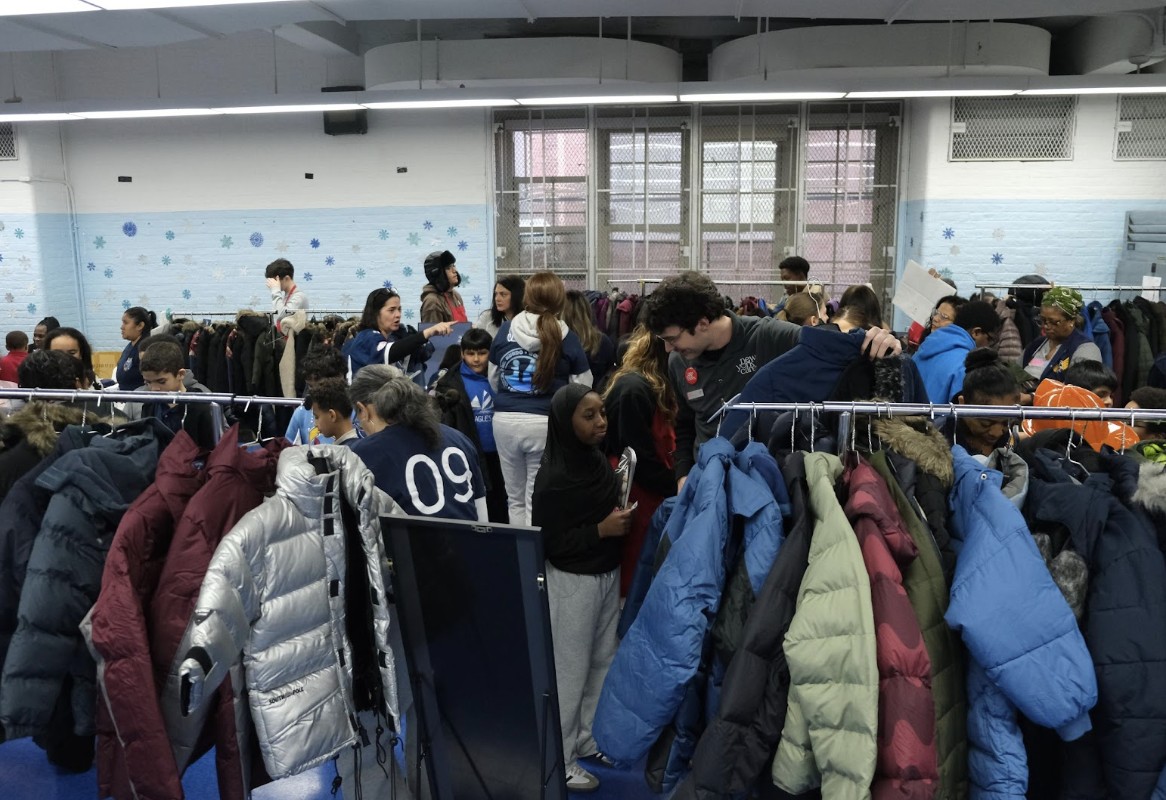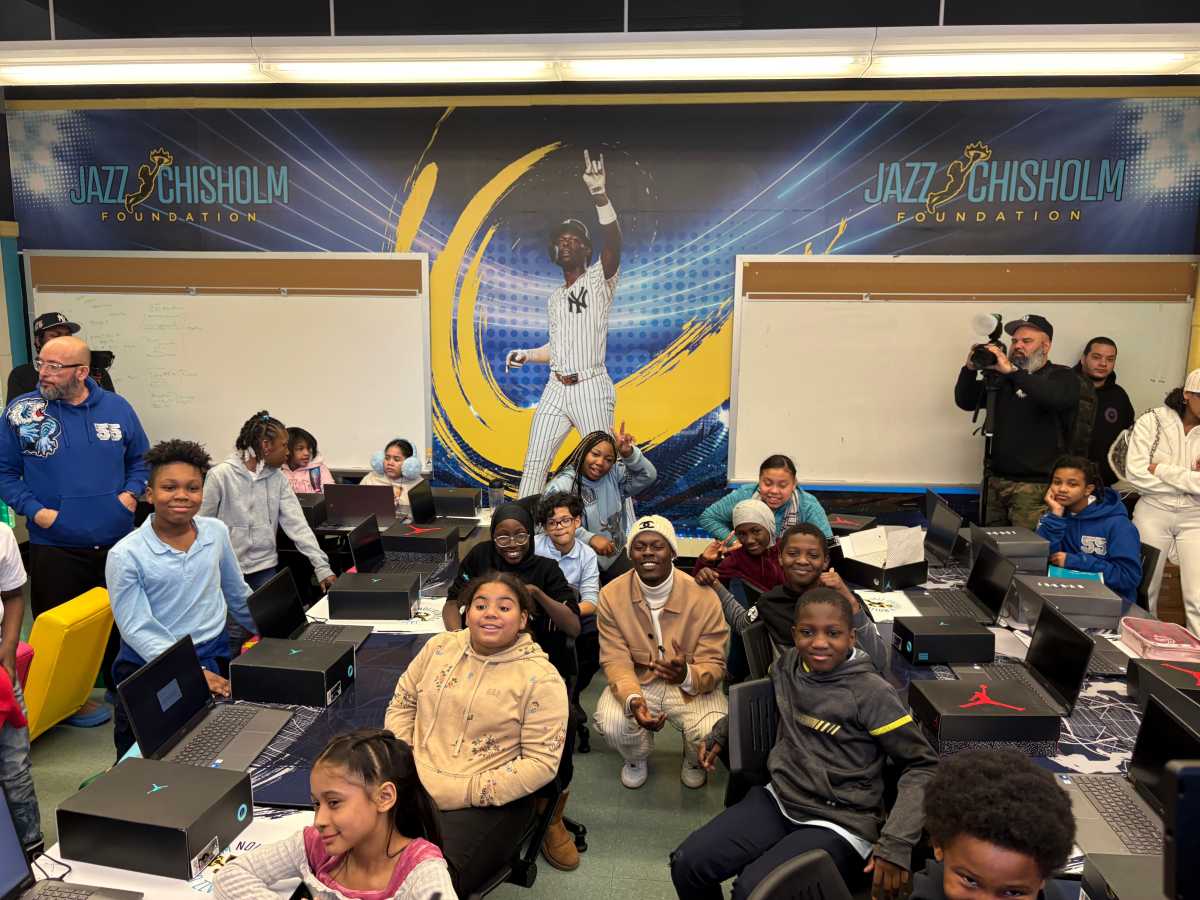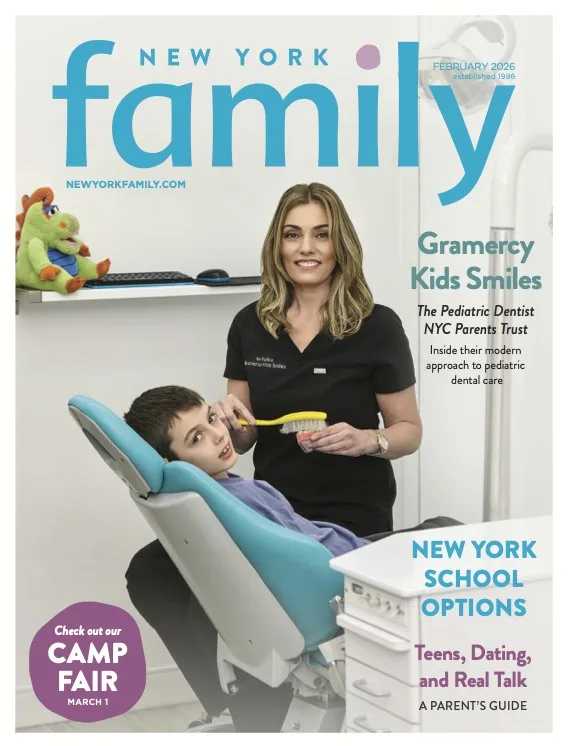My kids might want to move. Schools in Maryland and Wyoming have banned homework. There is no homework in Finland, and last year, the president of France made a definite push to bar homework throughout the country.
It’s interesting to say the least, and leads to a host of conversations about whether more work, more tests, and a heavy workload in general are appropriate or counter-effective.
I can say that in my circle and many others, parents have had it up to here with the homework load, even in grammar school. Many find it takes time out of an already-busy evening, and adds to the family stress. By the end of this month, I’m willing to bet we will be hearing similar sentiments among parent friends.
Whether in the schoolyard, at work meetings, family gatherings, and on Facebook updates, many parents say that kids are just losing their minds over homework. Many of the parents I know say the workload expected in public and private schools is just ridiculous. I confess, I agree.
Kids are constantly pushed to do more, do better, and score higher. This philosophy is good on one hand, but can very easily go bad. Not every child can handle the pressure and not every kid wants to, even those who are considered gifted. That leads to an even larger issue at hand: does every kid need to be “advanced?” Or, can childhood be a nice blend of education and fun, with an emphasis on blend? Too many kids I know are doing schoolwork the whole day, stopping only to eat and shower, and then dropping into bed, exhausted. On the rare occasion that my kids don’t have homework, I think it’s great, and I’ve never equated their lack of homework with learning less.
In addition, the amount of homework required varies greatly from school to school and teacher to teacher. Let’s face it, depending on your child’s teacher each year, your kid may get a hell of a lot or hardly any at all. My kids have had teachers who have given a ridiculous amount of unnecessary homework, and they have also had teachers who have assigned very little. My daughter had a junior high teacher who barely ever gave homework, but it remains the one class in which she not only learned the most, but also retained it — years later, and carried that knowledge into high school.
I’m not convinced that homework equals better or smarter students. (Do grades themselves even matter? That is a larger issue.) When I was a kid, we had homework, but rarely on Fridays, and weekday homework was not overwhelming. Yet, somehow, we all managed to go on to careers in our respective fields and be productive.
An episode of the popular PBS show “Arthur” makes a similar point. In it, Mr. Ratburn unwillingly has a virtual helper that appears from a smartboard in the classroom. The robot was programmed by a company to have 98 percent knowledge of all things, which lead to a two percent failure rate. Things go downhill fast in Arthur’s classroom. The show’s creator, Mark Brown, used this episode to show how the educational system is relying more on systematic learning than actual teaching. Mr. Ratburn, a true teacher at heart, naturally detests the system.
This episode brings out something that I fear we overlook in this time of state tests, technology, and insane amounts of homework: teachers are people, and good teachers, who can actually convey their thoughts and ideas to students in an engaging way, are not robots. They are gifted educators; their job is not just a job, but a calling. When our kids are lucky enough to have these types of teachers, they don’t need constant or heavy homework, because they actually learn enough and are engaged in school.
Furthermore, our kids are not robots and to mindlessly complete hours of daily homework for 10 months out of every year (plus large summer packets) seems nothing but robotic.
Going through the motions is not learning.
Danielle Sullivan, a mom of three, has worked as a writer and editor in the parenting world for more than 10 years. Sullivan also writes about pets and parenting for Disney’s Babble.com. Find her on Facebook and Twitter @DanniSullWriter, or on her blogs, Just Write Mom and Some Puppy To Love.













